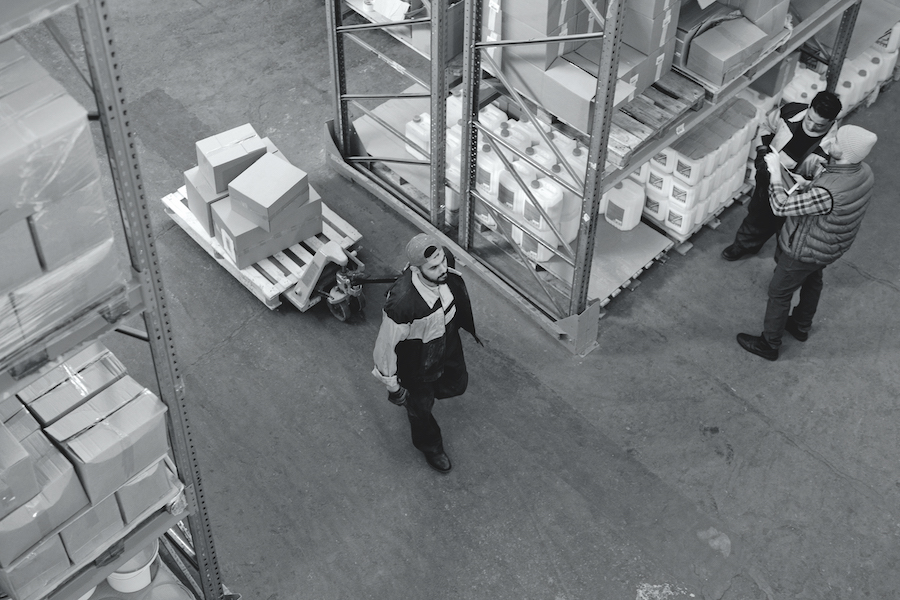The pandemic has created as many opportunities as it has removed, and there will be no lasting damage – not even for the young.
At the outset of this crisis, there were widespread concerns that the UK residential market would suffer immediate price declines. We know thus far the very opposite has been recorded. This of course could change if the overall jobs market suffers a significant negative shock for a period beyond, say, a handful of quarters. So, what of the UK labour market fundamentally?
Let us begin with the public-service sectors, a great many of which have continued to work tirelessly, and in so doing have boosted incomes and staff numbers. One of course cannot consider public sector headcount and salaries without reflecting on our state finances and the much-discussed need to bring them back under control. Let me be clear: I see no chance of a return to austerity. True, financing the government’s response to coronavirus has involved a huge amount of capital, at a time when the lockdown has denied the exchequer considerable tax revenue. No less true is the fact that the UK government has been able to access credit extremely cheaply. Moreover, having gone to such fiscal trouble to protect the economy, the chancellor will not throw it all away on spending cuts and tax rises. After all, far from generating exchequer savings and revenues, Sunak is perfectly aware such actions would plunge the economy into certain and sustained recession.
What of the private side of the labour market? It is not only those in the public sector who have been extremely busy through our period of captivity – many in the private sector have been too. Consider those involved in all extensive aspects of e-commerce, e-finance, bioscience, accounting, academia, the delivery of protective and medical equipment, space reconfiguration etc. For all these and more, their skills and services have seldom been more in demand.
While the unemployment rate will spike, it will quickly fall, thanks to joblessness being frictional rather than structural
What of those denied their normal income because working from home has not been a practical earning option? Even among these, there have arisen immediate opportunities for redeployment. Some of those, for instance, who have been locked out of their shops, bars, restaurants, gyms, cinemas, airports, conference and concert halls have taken work offered by the multitude of delivery sectors literally rushed off their feet by this crisis. Others have filled roles created across the public sector to deal with this emergency.
What of manufacturing, a sector employing 2.4 million workers or 7% of the labour force? According to data for the second quarter, factory headcount overall was only marginally down, though for car-makers it was off by 10%. Parts then of the UK’s productive base have been so busy that they have had to raise headcount, from those making the protective health equipment we have found ourselves compelled to use, to bioscience laboratories working hard to come up with a vaccine. There has also been a boost as UK factories have had to fill in for the production of goods hitherto imported, whose transit into the UK has been restricted.
Returning to UK car-makers there is no denying the adverse shock that has hit them and their extensive supply chain. Negative shock yes, but not permanent decline. The cars we now make are high value-added, well regarded and as a result largely exported. Their branded cache makes them highly desired across emerging nations, notably China. Far from remaining permanently impaired, this demand is set to grow as China’s middle class continues its rapid expansion. There is also the issue that all over the world there are hundreds of millions – more than 300 million in Europe alone – of dirty-engine cars. If only half of these are replaced by newly manufactured clean-engine cars in the short span for which we are demanding they function in a way kinder to our environment, this cannot fail to supercharge UK car-makers in the years ahead. The same reasoning can be extended to the UK’s sizeable civil aerospace industry.
Let me be clear: I see no chance of a return to austerity
What of the furlough scheme flattering the UK labour market and creating a sense of complacency as to its future plight? We must resign ourselves to the fact that some of those furloughed and rewarded for not working will never return to their old roles. This accepted, I have little doubt a great many of them will quickly find new work no less financially rewarding than their old role, and requiring talents no different from the ones they already possess. So while the unemployment rate will spike, it will quickly fall, thanks to joblessness being frictional rather than structural.
Will the legacy of this crisis be not so much higher aggregate unemployment as joblessness concentrated in particular age groups and regions? Now, although the tiered-lockdown system has been regional, this has not created a regional economic problem. In relation to the fear that we will suffer a legacy of youth unemployment, I have no reason to anticipate those young adults with skills will not find a market for them. And those whose work is more casual, manual and unskilled will be able to quickly reorientate from where they once worked and there is no longer a role to where hiring is robust – most notably across the e-commerce markets which, although based up in the clouds, are very labour-intensive on the ground.








